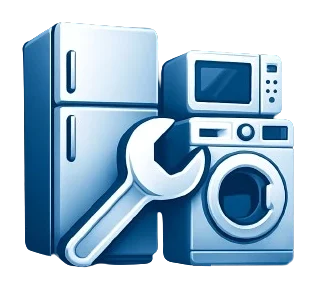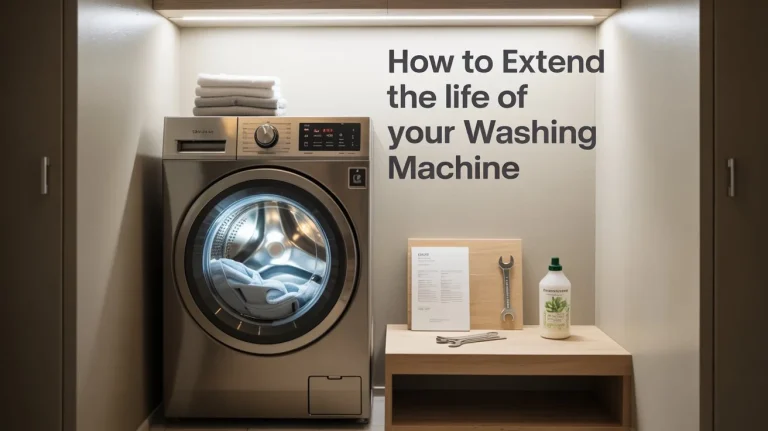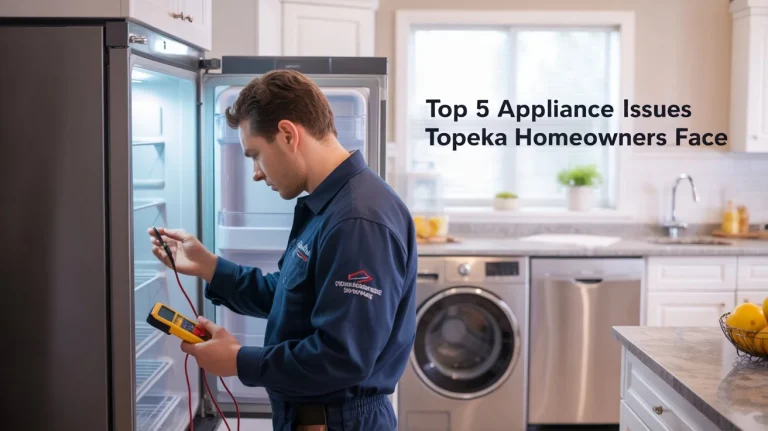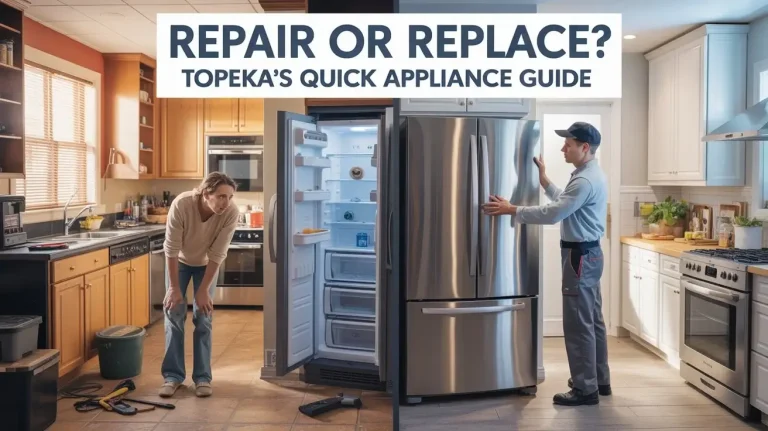High Summer Bills? Blame Your Appliances
High Summer Bills, when the weather heats up, your utility bills follow. Air conditioning isn’t the only reason. Home appliances play a big role too. Many people don’t realize how much energy and water their machines use, especially in the summer.
This guide explains how your appliances impact your summer bills and what you can do about it. Whether you live in Topeka or anywhere in Kansas, cutting costs starts with smarter use at home.

How Summer Changes Energy Use
Hot days lead to more indoor time. That means more cooking, cleaning, and laundry. All of these use electricity, gas, or water. Longer days also mean more time for TVs, fans, and lights to run.
Some appliances work harder in the heat. Your refrigerator, for example, fights harder to stay cold. Your dryer may run longer due to higher humidity. These changes drive up your energy use even when your habits stay the same.
Hidden Energy Hogs in Your Home
Refrigerators
Fridges run 24/7. In summer, they work harder to keep food cold. Older models waste energy fast. If your fridge is over 10 years old, it may cost double to run compared to newer units. Keep it full, clean the coils, and avoid leaving the door open.
Air Conditioners
Window units and central systems both drive up your bills. Dirty filters, old thermostats, and poor insulation make them work harder. Set your thermostat to 78°F when you’re home and a bit higher when you’re out.
Dryers
Dryers pull major energy, especially gas models. Summer humidity makes clothes take longer to dry. Clean the lint filter after every load. If your dryer has a moisture sensor, use it. Dry full loads, not one shirt at a time.
Dishwashers
Most people run dishwashers more often during summer breaks or BBQ season. That adds to both water and power bills. Use the air-dry setting. Run only when full. Scrape dishes, don’t rinse, if your washer is newer.
Washing Machines
More sweat, more towels, more laundry. It adds up fast. Wash with cold water when you can. Skip extra rinse cycles unless needed. Top load washers with agitators use more water than newer front-load models.
Water Heaters
Summer may be hot, but most homes still use warm water. Laundry, showers, and dishwashing all need hot water. If your water heater runs all day, your bill goes up fast. Lower the temp to 120°F. Insulate the tank if it’s older.
Small Fixes That Make a Big Difference
Unplug Unused Devices
Even when off, many machines still draw power. TVs, microwaves, and coffee makers all use standby energy. Unplug them when not in use or use a smart power strip.
Use Ceiling Fans
Fans help cool rooms so you can raise the thermostat. A ceiling fan uses less energy than central AC. But turn them off when you leave the room—they cool people, not air.
Grill Outside
Cooking indoors adds heat to your kitchen. Your AC has to fight it. Summer is a perfect time to use an outdoor grill. It saves energy and keeps your home cooler.
Run Appliances at Off Peak Times
In many areas, power costs more during the afternoon. Run your dishwasher, washer, or dryer early morning or late evening. This helps reduce your bill and supports the power grid.
Watch for These Signs of Inefficiency
Some signs show your appliances need repair, or replacement. Pay attention to:
(a) Machines making new, strange noises
(b) Longer cycles for no clear reason
(c) Clothes not drying or washing well
(d) Leaks around hoses or pipes
(e) Units heating up too much on the outside
If you notice any of these, a quick repair may fix it. Ignoring these signs often leads to bigger problems.
Know When to Repair or Replace
Sometimes, keeping an old appliance isn’t worth it. If the machine is over 10 years old, needs frequent repair, or doesn’t run efficiently, it may be time to replace it.
Do not just guess, check your energy bills. Sudden spikes often point to one appliance dragging everything down. A local technician can test your machines and tell you what’s worth fixing.
Save with Smart Habits
Most savings come from how you use your appliances, not just which ones you own. Here are some habits that help:
Dry laundry outside when possible.
Only run full loads in your washer and dishwasher.
Use cold water for washing clothes unless hot is needed.
Clean lint filters, dryer vents, and fridge coils often.
Turn off ovens early, they stay hot for minutes after shutting off.
Lower your water heater setting during warm months.
Keep windows closed when AC is on.
These steps seem small but save money fast. When done often, they extend your appliances’ lifespan too.

Why It Matters
Wasted energy is not just costly, it’s hard on the planet. Summer bills get high because machines work harder and run longer. But you can change that. Start with what you already own. Use it better. Maintain it well.
Fix problems early. Don’t wait until a unit stops working. Call a local expert to inspect if something feels off. A minor tune-up now beats a big repair later.
Conclusion
Appliances run more in summer, but they don’t have to cost more. With simple changes, you lower bills and protect your machines. Watch how you use your washer, dryer, fridge, and AC. Keep them clean and run them smart.If something doesn’t seem right, act fast. Your local repair technician can help catch problems before they grow. Summer bills will always rise, but smart habits and timely help keep them under control.





